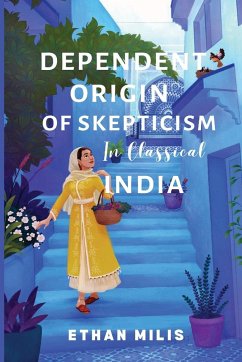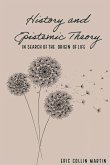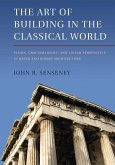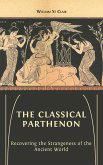Is the problem of skepticism inevitable? Does it arise whenever philosophically reflective people consider epistemological questions? Is skepticism an issue lying deep within the human condition, waiting to be discovered along with other perennial problems of philosophy? In contemporary epistemology some philosophers, such as Barry Stroud, have taken the position that a concern about skepticism is an inevitable part of the human condition, while others, such as Michael Williams, argue that epistemology's contemporary concern about skepticism is the result of contingent theoretical presuppositions (Stroud 1984; Williams 1996). My plan for this chapter is to describe the debate between those who agree with Stroud, whose position I will call the "intuitive thesis," and those who agree with Williams that skepticism can be successfully "diagnosed" so that it is no longer a serious philosophical problem. I will also explain why I think this debate is important for epistemologists, and I will consider some Western discussions of the issue from Hume until today. After considering these attempted resolutions of the debate, I suggest that one way to come toward an answer is to look to other philosophical traditions, such as the rich philosophical traditions of India, to engage in an experiment in cross-cultural 2 philosophy. If we find something like a consideration of skepticism in Indian philosophy, then Stroud's theory gains some support. If not, then we have some reason to side with Williams. Before beginning this experiment in chapter two, I end this chapter with some methodological considerations and a preview of the chapters to come. These chapters will form an argument for the overall thesis of this dissertation that the problem of external-world skepticism does not seem to be an intuitive part of the human condition that forms a pervasive part of any epistemological tradition, but a concern about another kind of skepticism - skepticism about philosophy - is a cross-cultural phenomenon that is often a natural result of philosophical endeavors.








